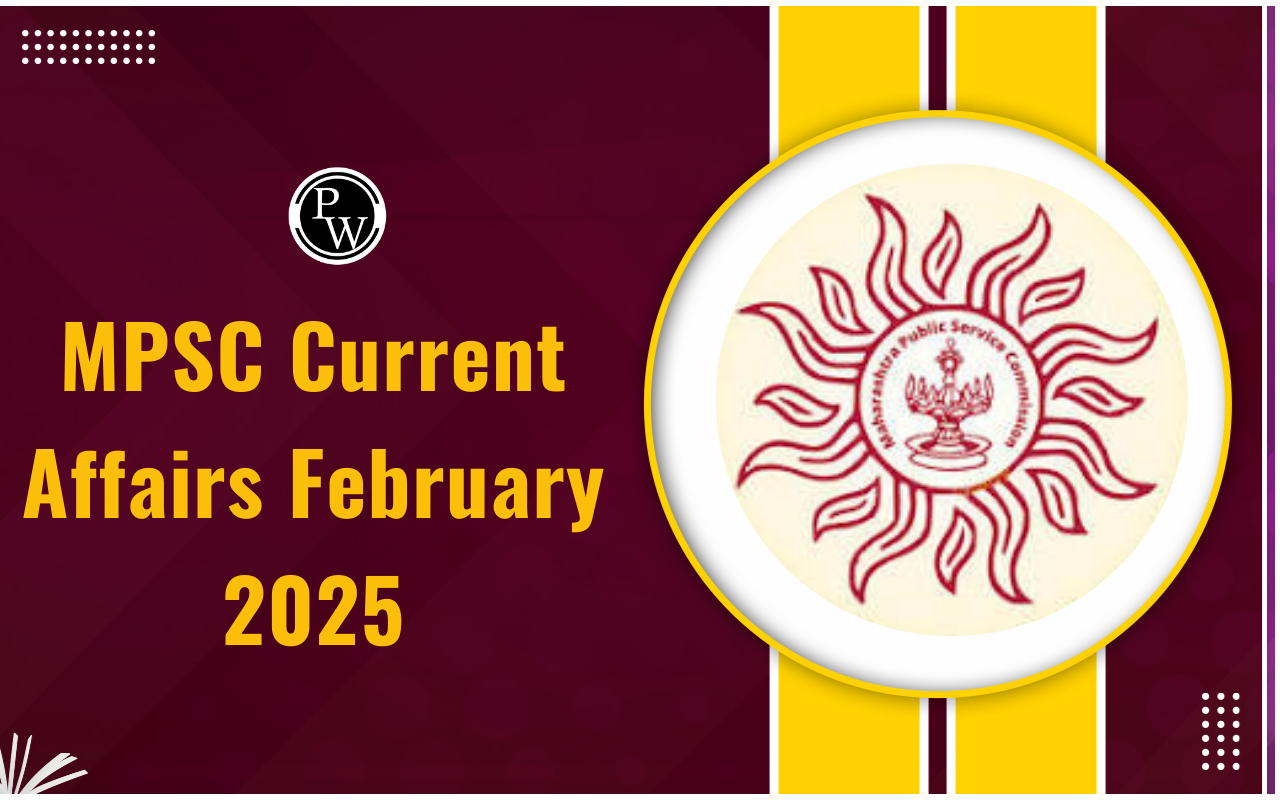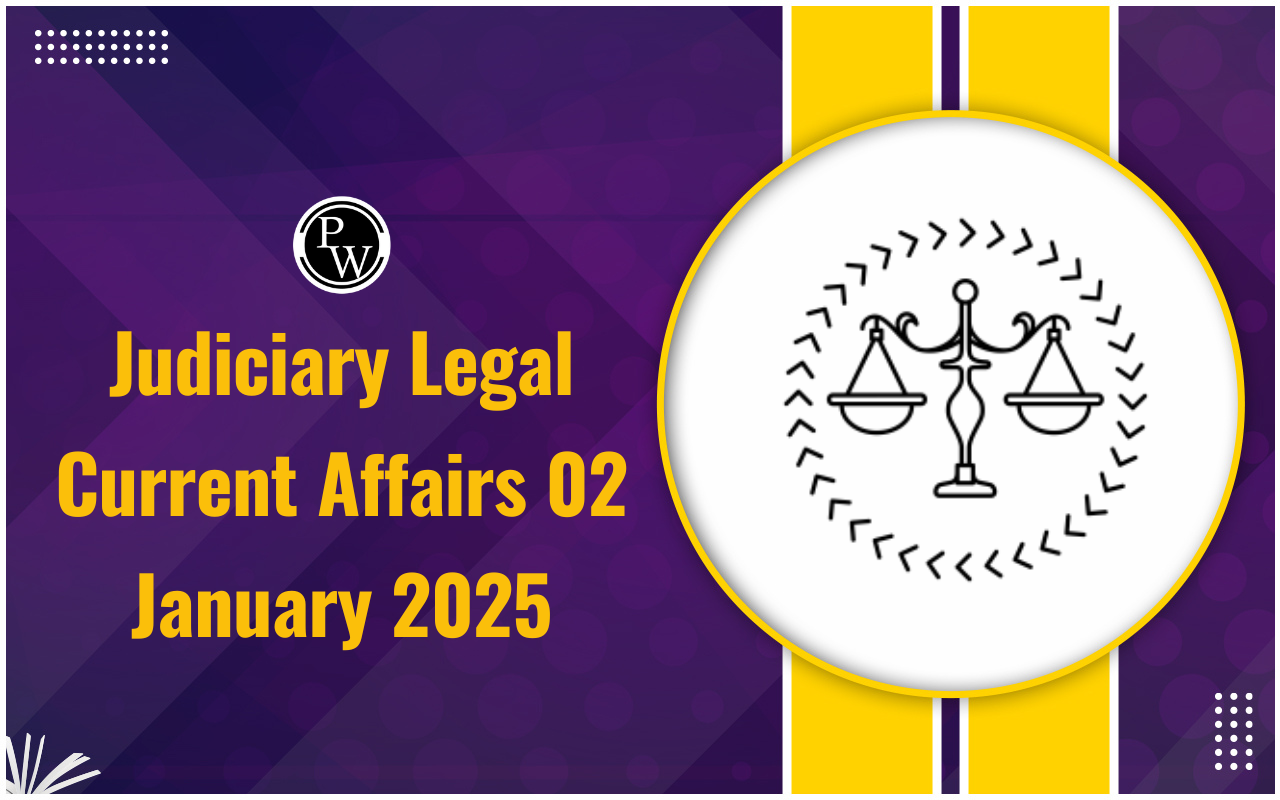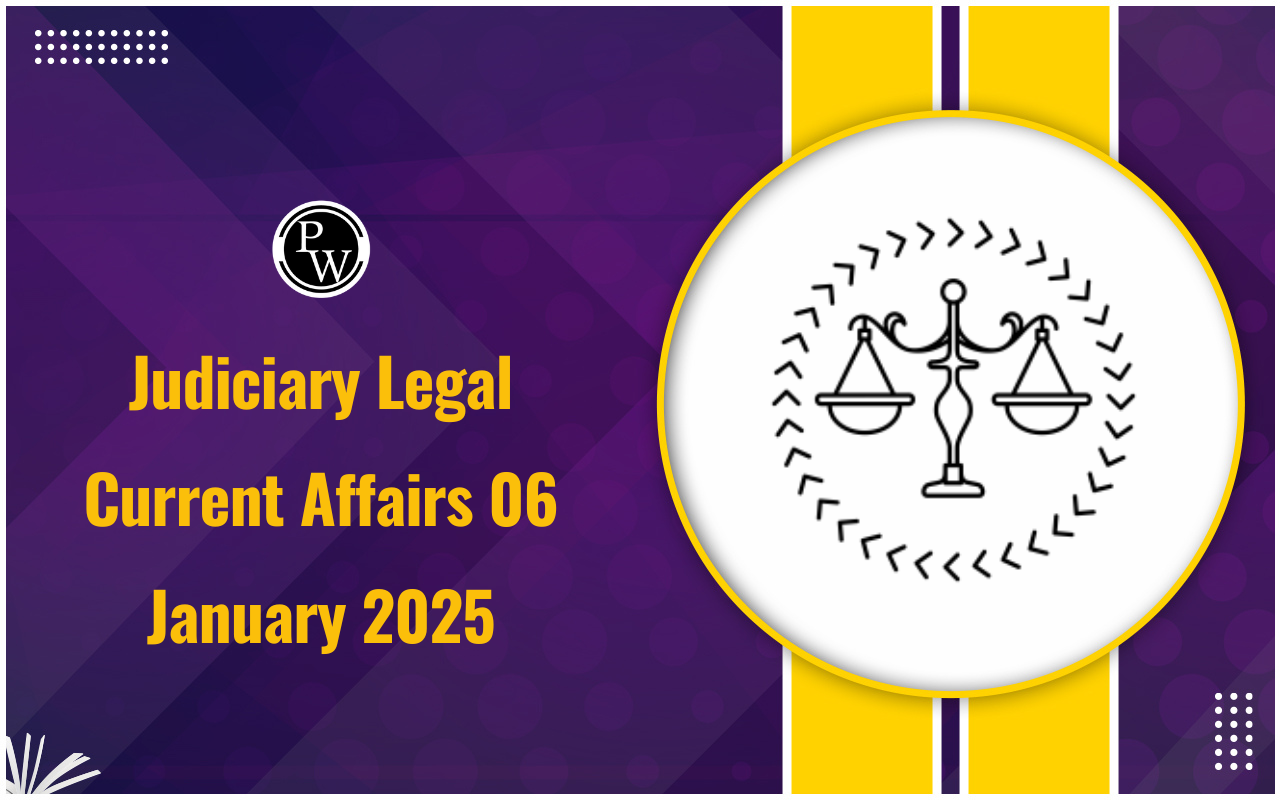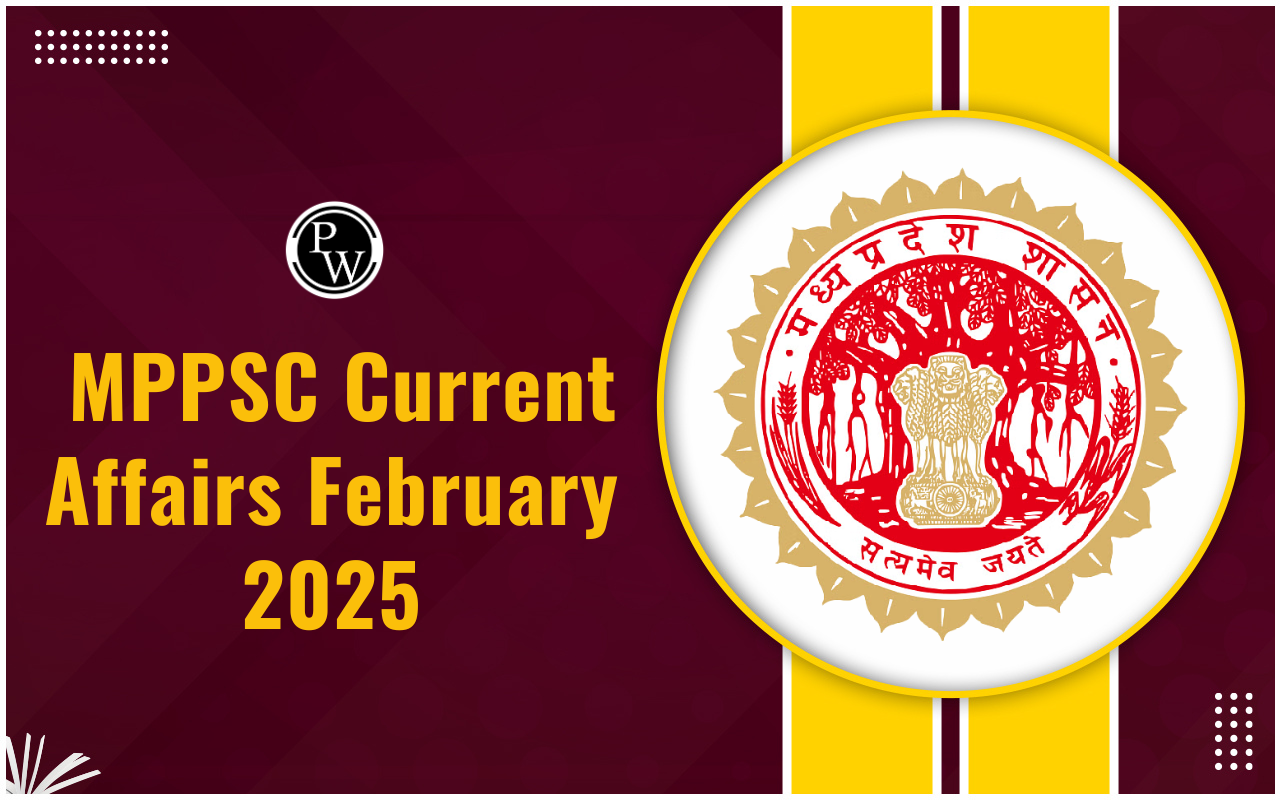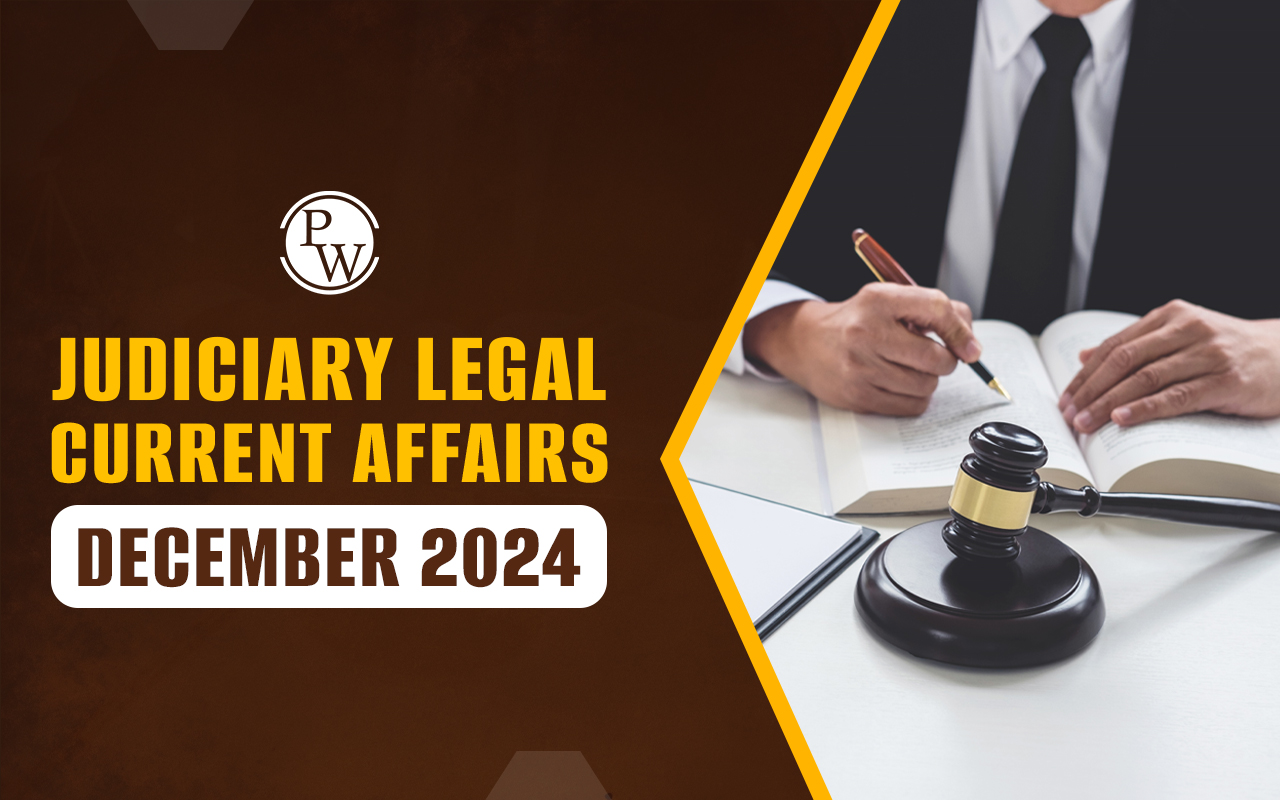
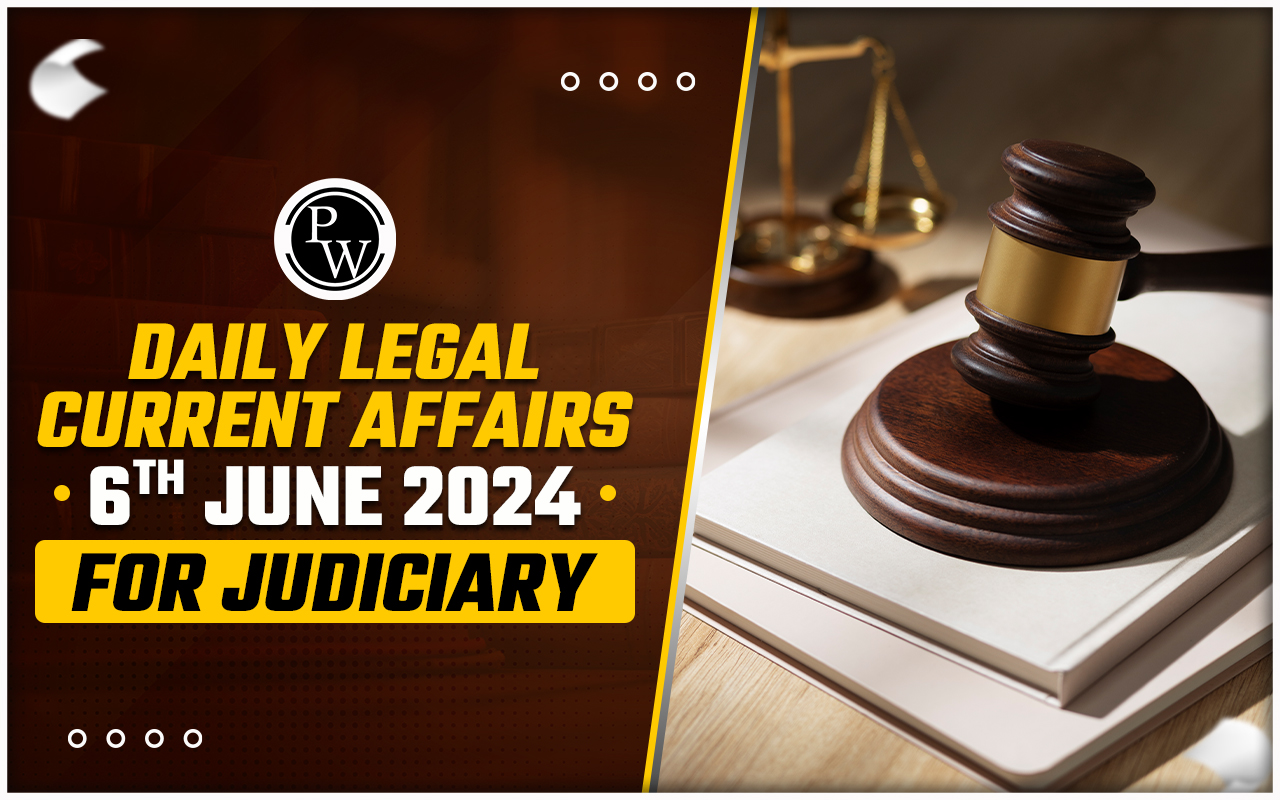
Delhi Development Authority v. Tejpal & Ors., SLP(C) No. 26697 of 2019 (and connected matters)
-
- BENCH: Justices Surya Kant, Dipankar Datta and Ujjal Bhuyan
- FORUM: Supreme Court of India
- FACTS OF THE CASE
-
-
- The case pertained to land acquisition process initiated by Delhi government under the Land Acquisition Act, 1894 for planned development of Delhi. Between 1957- 2006, various notifications were issued for acquiring lands and awards passed fixing compensation.
- In some cases, compensation amounts were deposited in treasury, as landowners did not come forward.
- In some others, possession could not be taken by the government entities, as landowners challenged the proceedings and obtained stay.
- Subsequently, the 1894 Act was replaced by the 2013 Act , which brought various reforms. Section 24 of the new Act provided that land acquisition proceedings initiated under the earlier regime would be deemed to have lapsed in certain cases, including when compensation had not been paid or possession had not been taken.
- Section 24 was interpreted in various Supreme Court decisions, such as Pune Municipal Corporation v. Harak Chand Misirimal Solanki , Sree Balaji Nagar Residential Association v. State of Tamil Nadu , Indore Development Authority v. Shailendra and Indore Development Authority v. Manoharlal.
-
- Indore Development Authority v. Manoharlal was a 5-judge bench decision , which overruled Pune Municipal Corporation, Sree Balaji Nagar Residential Association, and Shailendra Case.
- Delhi government entities (DDA, DMRC, etc) filed appeals against orders of the Delhi High Court which declared acquisition proceedings as lapsed based on Pune Municipal Corporation and Sree Balaji Nagar Residential Association.
-
-
- Cases were filed after expiration of the period of limitation, the Supreme Court examined at the outset the issue of maintainability of the petitions.
- Grounds taken for condonation of delay by the appellants, was "subsequent change in law" brought about by the decisions in Shailendra and Manoharlal.
-
- OBSERVATION OF THE COURT
-
- The Supreme Court recently observed that subsequent change in law cannot be a ground for condonation of delay.
- The prescribed period of limitation had already expired long before the judgments in Shailendra and Manoharlal were delivered.
- The appellants let the limitation period lapse, perhaps because they saw no case on merits for appeal.
- The law was subsequently re-interpreted in the aforecited two cases, the appellants approached this Court with the present appeals, petitions, and applications.
- Instead of showing a sufficient cause arising within the period of limitation, they are using an event after the expiry of such period to justify the delay.
- Subsequent overruling of a judgment cannot be "sufficient cause" for the purposes of Section 5 of Limitation Act , because when a case is overruled, only its binding nature as precedent is taken away.
- Subsequent change of law will not be attracted unless a case is pending before the competent court awaiting its final adjudication.
Ram Kotumal Issrani v. Directorate of Enforcement
-
- BENCH: Justice Prashant Kumar Misra and Justice KV Viswanathan
- FORUM: Supreme Court of India
- FACTS OF THE CASE
-
-
- The plea challenged the legality of the arrest of a person by the Enforcement Directorate who was summoned for interrogation late at night and arrested the next morning while in confinement by the authorities.
- The main question for adjudication before the court was whether the moment a person's liberty is confined by the authorities, it could be deemed as an official arrest, irrespective of the timing recorded in the arrest memo.
- The petitioner was summoned by the ED at its office in Delhi at 10:30 AM on August 7, 2023. Further, his phone was taken away and he was then subjected to intensive interrogation.
- The Supreme Court questioned the Enforcement Directorate for interrogating an accused at 3:30 AM during the wee hours.
- The petitioner was in confinement of the officers of the ED from 10:30 AM of August, 7, 2023, and the arrest took place only at 5:30 AM the next day i.e., August 8, 2023.
- It was argued that it was a blatant violation of Article 22(2) of the Constitution which provides that a person arrested and detained in custody is to be produced before the Magistrate as soon as possible.
- In Bombay High Court, the petitioner claimed that he was made to wait in the office of the ED and his statement was recorded from 10:30 AM till 3:00 am. He alleged that he was interrogated all night despite being medically unfit, violating his fundamental right to sleep.
- The High Court deprecated the late-night recording of the petitioner's statement, which continued until 3:30 am.
- It highlighted that under Section 50 of the PMLA , a summoned person is not necessarily an accused but could be a witness or someone associated with the offense being investigated.
- The impugned order stressed that investigation under the PMLA differs from that under the CrPC and stated that statements under Section 50 should be recorded during reasonable hours, respecting the individual's right to sleep.
- The court noted that the petitioner had previously cooperated with investigations and could have been summoned on a different day.
- The bench directed the ED to issue guidelines for recording statements under Section 50 of the PMLA , ensuring respect for individuals' basic human rights.
-
- OBSERVATION OF THE COURT
-
- The petitioner was not in custody when he entered the ED office under the summons.
- The petitioner became an accused only upon his arrest and was produced before the court within 24 hours, even considering travel time.
- The requirement to produce the petitioner before the nearest magistrate, applies in situations where it's impossible to produce the accused before the jurisdictional magistrate within 24 hours.
Shany Jose AND The Union of India & others
-
- BENCH: Justice M Nagaprasanna
- FORUM: Karnataka High Court
- FACTS OF THE CASE
- Petition was filed by Shany Jose who had approached the court seeking a direction for release of her passport, which was seized and withheld by the authorities in terms of the seizure memo dated 20- 08-2023.
-
-
- The petitioner contended that she is a Diploma holder in General Nursing and Midwifery and is a qualified Nurse by avocation working in Yemen since 2011 and she would visit India intermittently.
- The petitioner contended that her father had been diagnosed with stomach cancer due to which she travelled back to India from Yemen in August 2023.
- The Immigration Authorities at the International Airport at Delhi seized her passport on the ground that her travel itself was in violation of the Notification issued by Government of India which prohibits Indian citizens travelling from Yemen.
- The petitioner argued that she did not know about the issuance of such notification. It was not for the first time that she had travelled to India from Yemen.
- Moreover, the seizure of the passport for seven years now will take away her chances of employment anywhere in the globe.
- The government opposed the plea stating that her passport cannot be handed over to her as there is express bar under the Notification that one who travels to Yemen contrary to the Notification would face seizure of the passport for a period of seven years and, therefore, the passport cannot be returned.
-
- OBSERVATION OF THE COURT
-
- If any Notification or law is brought into force for the purpose of security of the nation, Courts exercising jurisdiction under Article 226 of the Constitution of India would be loathe to even consider such cases, as the security of the nation is paramount.
- It permitted the petitioner to submit a detailed representation to the Regional Passport Officer, in whose custody the passport of the petitioner is, to consider her case.
- The Court directed the Regional Passport officer to consider and pass necessary orders within four weeks on the representation to be made by a qualified nurse for return of her passport, which came to be seized as she had travelled from Yemen in violation of a 2017 government notification issued citing national security concerns amid India's strained relationship with the country.
Also Check: Daily Legal Current Affairs 5th June 2024
Mahim Ali v. The State of Assam And Anr
-
- BENCH: Justice Malsari Nandi
- FORUM: Gauhati High Court
- FACTS OF THE CASE
-
-
- The petitioner filed revision plea against an order of a Family Court directing him to pay his wife Rs. 2200 /—in monthly maintenance u/s 125 CrPC.
- The husband argued that his wife is a disobedient lady and never showed any intention to lead a peaceful conjugal life with the petitioner, and as such, the Judgment and Order of the Family Court was liable to be set aside.
- It was also argued that the petitioner is a daily wage earner, earning about Rs. 2500/—to 3000/—per month, and has an old-aged mother totally dependent on the petitioner. Under such a backdrop, awarding a monthly maintenance of Rs. 2200/—is unjustified.
-
- OBSERVATION OF THE COURT
-
- Gauhati High Court observed that if the husband is healthy, able-bodied and in a position to support himself, he is under the legal obligation to support his wife.
- The husband's plea that he does not have the means to pay because he does not have a suitable job or business is a “bald” excuse that is not acceptable in law.
- An order under Section 125 CrPC can be passed if a person, despite having sufficient means, neglects or refuses to maintain his wife.
- The marriage between the parties was not disputed, and it is also not in dispute that the wife had left her husband's house after being harassed, and therefore, the husband would be duty bound to pay maintenance to the wife.
-
Durga Singh Lodhi v. Prembai and others 1990 (Madhya Pradesh High Court)
- Mere absence of visible means or real estate would not entitle such a person to escape the liability to pay maintenance awarded under Section 125(1), as even at the stage of enforcement of the order under Section 125(1), an able-bodied, healthy person capable of earning, must be subjected to pay maintenance allowance.
Dr. Bijoy Kundu v. Smt. Piu Kundu
- BENCH: Justice Rajan Roy and Justice Om Prakash Shukla
- FORUM: Allahabad High Court
-
-
FACTS OF THE CASE
- Parties got married in 1986 and had two sons.
- Appellant-husband alleged that after conceiving, the respondent-wife had started misbehaving with him, abused his parents, etc.
- It was stated that since 2003, the communication between the parties was either through the sons or through text messages even though they were living separately under the same roof.
- Under the said circumstance, appellant filed for divorce under Section 13 of the Hindu Marriage Act, 1955.
- After the divorce petition was instituted by the husband, the wife lodged several criminal cases under the Domestic Violence Act, Dowry Prohibition Act, Section 125 CrPC and also a suit under Section 9 of the Hindu Marriage Act for restitution of conjugal rights.
- Hearing both suits under Section 13 and Section 9 of the Act together, the Family Court denied the dissolution of marriage and directed restitution of conjugal rights.
- Aggrieved, the appellant husband approached the High Court.
-
FACTS OF THE CASE
- Appellant’s Contention
-
-
-
- Once the Family Court had found that the wife had committed cruelty over the husband, dissolution of marriage ought to have been ordered.
- It was further stated that the wife had never challenged the finding of cruelty against her and the appellant was being forced to live with the wife despite cruelty being meted out to him.
- The parties have been staying separately since March, 2012, from 3 weeks before the verdict of the Family Court and that no attempt for any reconciliation had been made by the wife, which meant irretrievable breakdown of marriage.
-
Respondent’s Contention
- The wife had made all efforts for reconciliation and that merely living separately does not amount to irretrievable breakdown of marriage.
-
-
- OBSERVATION OF THE COURT
-
- Once the finding of cruelty was recorded in the order by the Family Court, the petition under Section 13 of the Act could not be dismissed directing restitution of conjugal rights.
- The fact of desertion not being proved was immaterial.
- Conditions for grant of divorce under Section 13 of the Hindu Marriage Act are mutually exclusive to each other, the Court held that divorce should have been granted once finding of cruelty had been recorded by the Family Court.
- The finding of cruelty inflicted by the wife upon the husband which was recorded by the Family Court was “incongruous and irreconcilable” with the directing of restitution of marriage. It was held that the finding of cruelty was enough for not granting a decree of restitution of marriage under Section 9 of the Act.
- Parties had been living separately for more than a decade and that all attempts at mediation and settlement had failed, the Court held that the marriage had irretrievably broken down.
Shatakshi Mishra v. Deepak Mahendra Pandey (Deceased) And 2 Others
-
- BENCH: Justice Vivek Kumar Birla and Justice Syed Qamar Hasan Rizvi
- FORUM: Allahabad High Court
- RELEVANT LEGAL PROVISIONS
-
-
- Section 5 of the Hindu Marriage Act, 1955 provides that marriage between two Hindus can be solemnized only if the conditions given therein are fulfilled. The conditions include that neither party to the marriage should have a living spouse at the time of the marriage.
- Section 11 of the Act provides that marriages can be declared void if either party presents an application for such declaration against the other party when either party to the marriage has a living spouse at the time of marriage, parties are within prohibited degrees as per customs governing them or are sapindas of each other.
- Section 7 of the Family Courts Act, 1984 provides for jurisdiction of Family Court.
- Section 10 of the Act of 1984 provides that Subject to the other provisions of this Act and the rules provisions of the Code of Civil Procedure, 1908 (5 of 1908) and of any other law for the time being in force shall apply to the suits and proceedings other than the proceedings under Chapter IX of the Code of Criminal Procedure, 1973 (2 of 1974) before a Family Court and for the purposes of the said provisions of the Code, a Family Court shall be deemed to be a civil court and shall have all the powers of such court.
- Order 22 Rule 3 CPC states that if the right to sue survives upon death of one or more plaintiffs, the legal representative of the deceased, on an application made, may step into the shoes of the deceased
-
- FACTS OF THE CASE
-
-
- Deepak Mahendra Pandey filed a petition for declaration of his marriage with the appellant as void under Section 11 of the Hindu Marriage Act on 05.04.2022 alleging that the marriage was based on fraud.
- The appellant had hidden her first marriage at the time of her marriage with Deepak.
- Further, it was alleged that she had not converted to Hinduism prior to her marriage with Deepak.
- Deepak passed away in 2023. Subsequently, his parents applied and were made party to the proceedings.
-
- Petitioner Wife’s Contention
-
-
-
- By virtue of the death of the husband, the suit was abated, and the parents could not be made party to the suit. It was argued that the provisions of Order 22 CPC would be applicable in view of Section 10 of the Family Courts Act, 1984 could not be applied in this case.
-
-
- Respondent’s Contention
-
-
-
- Since the property rights of the appellant and the parents of the deceased were dependent on the outcome of the application under Section 11, the application was rightly allowed.
-
-
- ISSUES BEFORE THE COURT
-
-
- Whether the provisions of CPC particularly Order 22 CPC are applicable in the proceedings before the Family court or not?
- Whether the parents can be substituted as legal representatives of the deceased to pursue the proceedings pending before the Family Court under Section 11 of the Act?
-
- OBSERVATION OF THE COURT
-
-
- Order 22 of CPC is applicable to the proceedings under the Family Courts Act, 1984.
-
Garima Singh v. Pratima Singh and another
- The Supreme Court held that the words “either party thereto" and "against the other party" in Section 11 of the Act must be read harmoniously. The Court held that “either party thereto" cannot be interpreted narrowly, restricting the equal protection guaranteed under Article 14 of the Constitution.
- If the first wife is deprived of seeking a remedy under Section 11 of the Hindu Marriage Act , it would defeat the very purpose and intent of the Act. The protection offered to legally wedded wives under Sections 5, 11, and 12 of the Hindu Marriage Act would become insignificant in such a scenario.
- Since property rights are involved in matrimonial cases where a marriage is sought to be declared void ab initio by one party, the parents of the deceased had rightfully stepped into his shoes.
-
- Maharani Kusuma Kumari and another v. Smt. Kusumkumari Jadeja and another
-
-
-
- The Court was dealing with the petition filed by the second wife under Section 11 of the Act.
- The Court allowed the second wife to contest as property rights of the family members including the legitimacy of children of void and voidable marriage were involved in a case of claim for property.
- The Court held that application under Section 11 was maintainable even after the death of the spouse.
-
-
- Samar Kumar Roy (Dead) through Legal Representative (Mother) v. Jharna Bera
-
-
- The mother of the deceased-husband was allowed to step into his shoes after his death in a suit filed by the deceased seeking injunction against his wife from calling him her husband.
- Accordingly, the Court held that parents of the husband can contest the application for declaring marriage void under Section 11 of the Hindu Marriage Act after his death. It was held that the parents have a right to be substituted as legal representatives under Order 22 Rule 3 CPC and to pursue the proceedings.
- The appeal filed by the wife was dismissed.
-
Daily Legal Current Affairs Practice Question for Judiciary
Q1) A marriage under the Hindu Marriage Act, 1955 between two persons within prohibited degrees of relationship is-
(a) Valid (b) Void (c) Voidable (d) IrregularAns. (b)
Q2) Registration of marriage has been made compulsory by Hindu Marriage Act, 1955 under
(a) Section 10 (b) Section 9 (c) Section 8 (d) Section 12Ans. (c)
Q3) Under which Section of the Hindu Marriage Act, ceremonies for a Hindu Marriage is prescribed?
(a) Section 6 (b) Section 7 (c) Section 8 (d) Section 8AAns. (b)
Q4) For the purpose of Section 125 Criminal Procedure Code the word “wife” includes a women:
(a) Who is legally married (b) Woman divorced by her husband (c) Woman who has obtained divorce but not remarried (d) All of theseAns.(d)
Q5) In which of the following cases it was held by the Supreme Court that Sec. 125 Cr.P.C. was applicable to all irrespective of their religion?
(a) Mohd Ahmed Khan v. Shah Bano Begum (b) Mod. Umar Khan v. Gulshan Begum (c) Suhana alias Saira Bama v. AM. Abdul Gefor (d) Siraaj Mohamed Khan v. Hafizunnissa Yaseen KhanAns. (a)
Q6) In which of the following cases, the Supreme Court held that 'Right to Sleep' is a fundamental right? (a) Naz Foundation Case (b) In Re Ramlila Maidan Case (c) Anna Hazare Case (d) None of theseAns. (b)
Q7) Article 22 of the Constitution has been called as a "ugly provision of the Constitution' by the Supreme Court in the case of (a) Maneka Gandhi case (b) Anwar Ali Sarkar case (c) A.K. Gopalan case (d) Golak Nath caseAns. (c)
Q8) Article 22 of the Constitution provides for
(a) Protection in respect of conviction for offences (b) Protection against arrest and detention in certain cases (c) Protection against ex-post facto laws (d) Protection of life and personal libertyAns. (b)
Q9) A person whose fundamental rights are violated can move the High Court under
(a) Article 201 (b) Article 226 (c) Article 32 (d) Article 22Ans. (b)
Judiciary Exam Current Affairs FAQs
How many months of current affairs is required for a Judiciary Exam?
Where can I study current affairs for the Judiciary?
How can I prepare for Judiciary current affairs?




